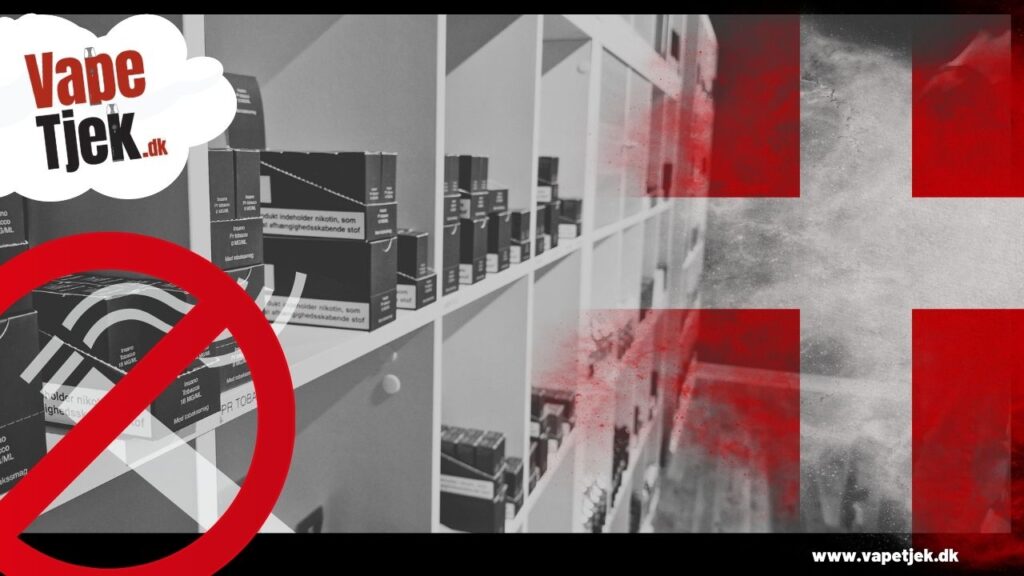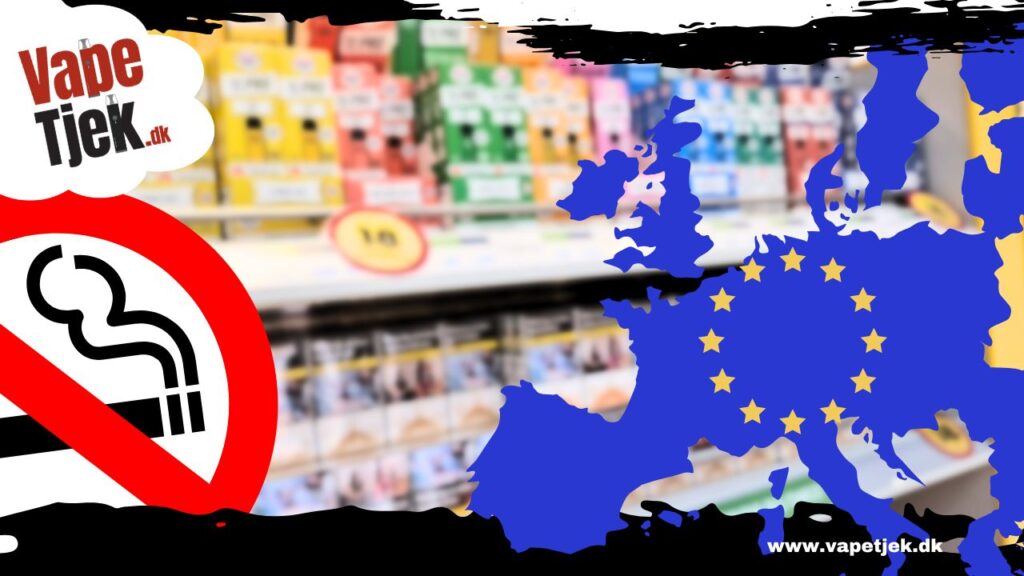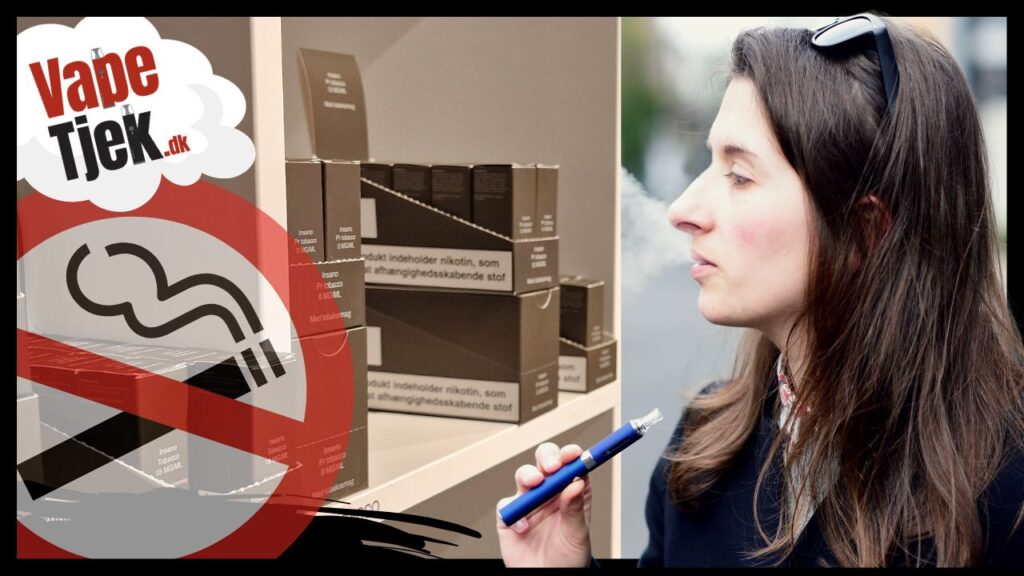An upcoming EU proposal could lead to significant price increases for nicotine pouches and e-cigarettes. Critics warn that it could harm the fight against smoking.
- "We risk losing an important tool in the fight to reduce smoking. It's really serious," says Markus Lindblad, Head of Communications at the Swedish company Haypp Group, which sells nicotine pouches and vapes throughout the EU.
Nicotine products may soon be subject to EU tax
The EU Commission is nearing a decision on common minimum rates for taxes on nicotine products. According to leaked documents and persistent rumours, it is mainly about significant tax increases on nicotine pouches and e-liquids - and thus potentially also e-cigarettes.
- "We risk losing an important tool in the fight to reduce smoking. It's really serious," says Markus Lindblad, Head of Communications at the Swedish company Haypp Group, which sells nicotine pouches and vapes throughout the EU.
Denmark and Sweden already have nicotine taxes
Until now, only cigarettes and smoking tobacco have been covered by EU excise directives. However, the new proposal will also include e-cigarettes and nicotine pouches.
For e-liquid, a tax is proposed on a par with that already in place in, for example Denmark, Sweden and Finland - between €0.2 and €0.4 per millilitre, depending on nicotine strength.
High tax on nicotine pouches can have an unfavourable impact
For nicotine pouches - the white snus - the situation is different. Today, only a few countries, especially Sweden and Denmark, which tax the products. According to the leaked EU proposals, the tax should be set at €130 per kilo. In Denmark, the current rate is €107, while in Sweden it is only €20 per kilo.
- The EU is proposing a tax that is 500 per cent higher than the one Sweden has already adopted. This is extreme," says Markus Lindblad from Haypp Group.
Critics: "We are losing an important tool"
Lindblad warns that the drastic tax increase on nicotine pouches will reduce the motivation for smokers to choose less harmful alternatives.
- "We risk losing an important weapon in the fight to get people off cigarettes. It's serious," he says.
EU goal: Like Sweden 2040
The objective of EU tobacco policy is Reduce the proportion of smokers to five per cent by 2040. Today, an average of 20 per cent of adults in the EU smoke - in some countries such as Bulgaria over 30 per cent. In the Nordic countries, the proportion is somewhat lower: 17 per cent in Denmark and 14 per cent in Finland. In Sweden, only 5.4 per cent smoke regularly.
Nicotine consumption stable - but cigarette consumption decreases
On the other hand, the use of nicotine products such as snus and e-cigarettes is increasing. According to the Swedish Central Association for Alcohol and Drug Information (CAN), total nicotine consumption has neither increased nor decreased since 2019 - but cigarette consumption has decreased, while vaping and the use of nicotine pouches has increased.
"Sweden's model works"
Samuel Lundell, chairman of the consumer organisation Snusarnas Riksförbund, believes that Sweden's approach to smoke-free nicotine has been effective.
- Sweden has had a successful tobacco policy. By taxing nicotine products according to the actual health risk, Swedish consumers have replaced cigarettes with less harmful alternatives such as snus and nicotine pouches, he says. Swedish Vejpkollen.
"A development we should avoid"
Despite the debate about young people's nicotine use - especially when it comes to e-cigarettes and white snus bags - Lundell believes that results should be assessed instead of scare stories.
- The fewer people who start smoking, the better. If young people choose snus or e-cigarettes instead, it's still a better scenario for public health. In many EU countries, smoking rates are still above 20 per cent, traditional snus is banned and both nicotine pouches and e-cigarettes are under pressure. We don't want that development in Sweden - and hopefully not in the rest of the EU either," he says.










